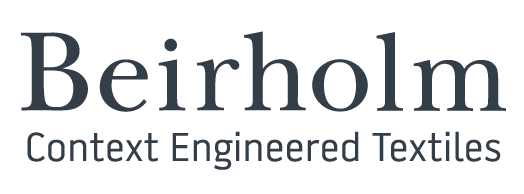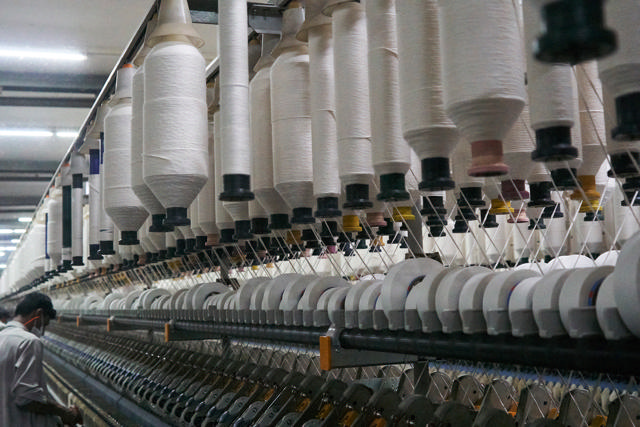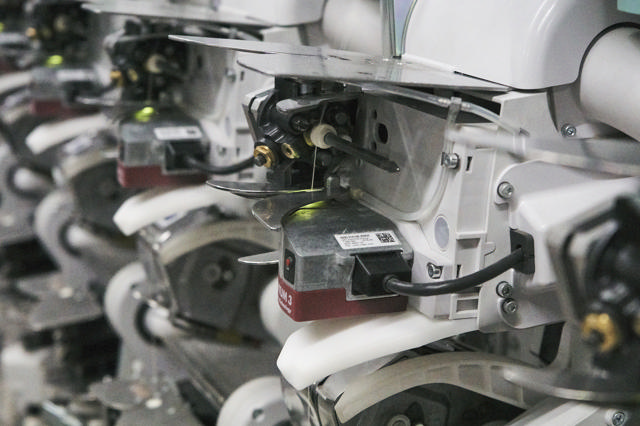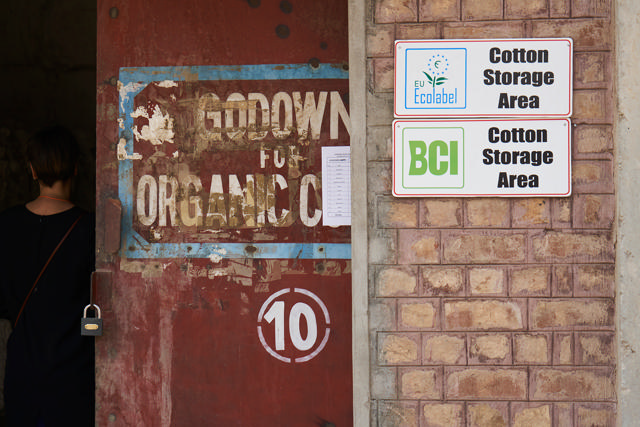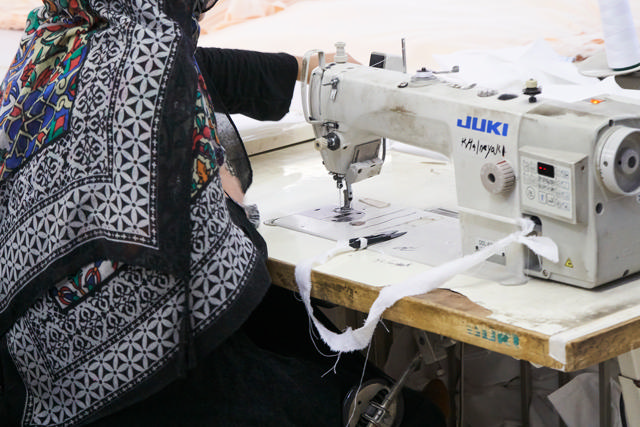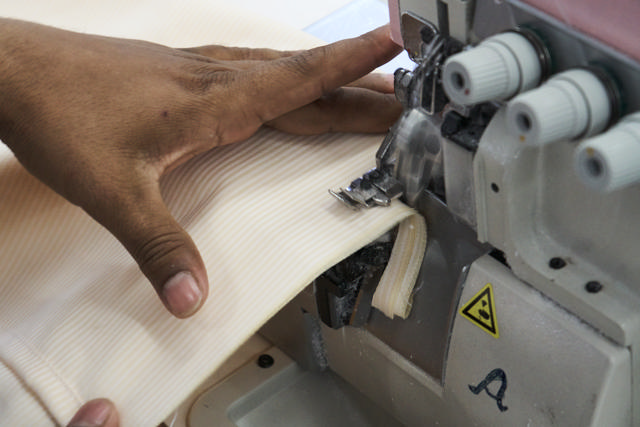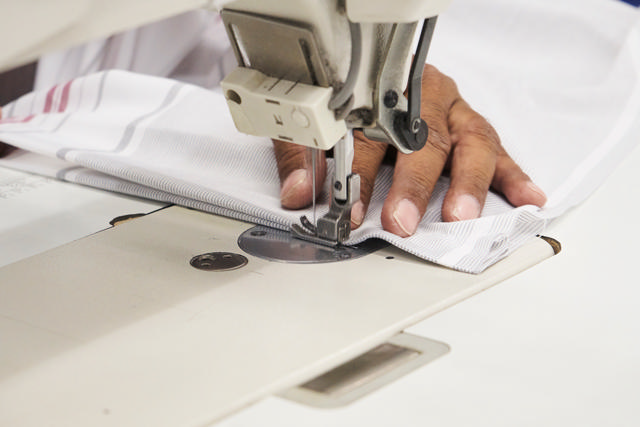Towards more circular
performance textiles
ENGINEERED FOR THE FUTURE
New performance quality
Introducing: Wave bed linen
The brand-new design Wave in quality 784 is our most future proof bed linen development to date.
Featuring our 5th generation BeirTex® technology for unmatched durability and laundry-efficiency. Holistically certified from raw material to finished product with a traceable supply chain. Made of 60% recycled polyester - a leap towards more circularity. Plus, we've cut emissions from 12,5 to 9,6 kg of CO2e per piece.
In summary: It's beautiful on the outside. Powerful on the inside.
| Carbon impact | 9,6 kg CO2e per piece (cradle-to-laundry) |
|---|---|
| Certifications | Oeko-Tex® Made in Green, Green Button, EU Ecolabel |
| Traceability | Explore the journey |
| Circularity | 60% recycled polyester and 40% cotton |
| Technology | BeirTex® |
| Longevity | Tested to last >300 laundry cycles |

TAKE A DEEP DIVE
Core sustainability areas
Future proof your textiles
Investing in textiles is a long-term commitment. Make sure your investment is future proof before sustainability legislation and customer requirements render your investment obsolete.
